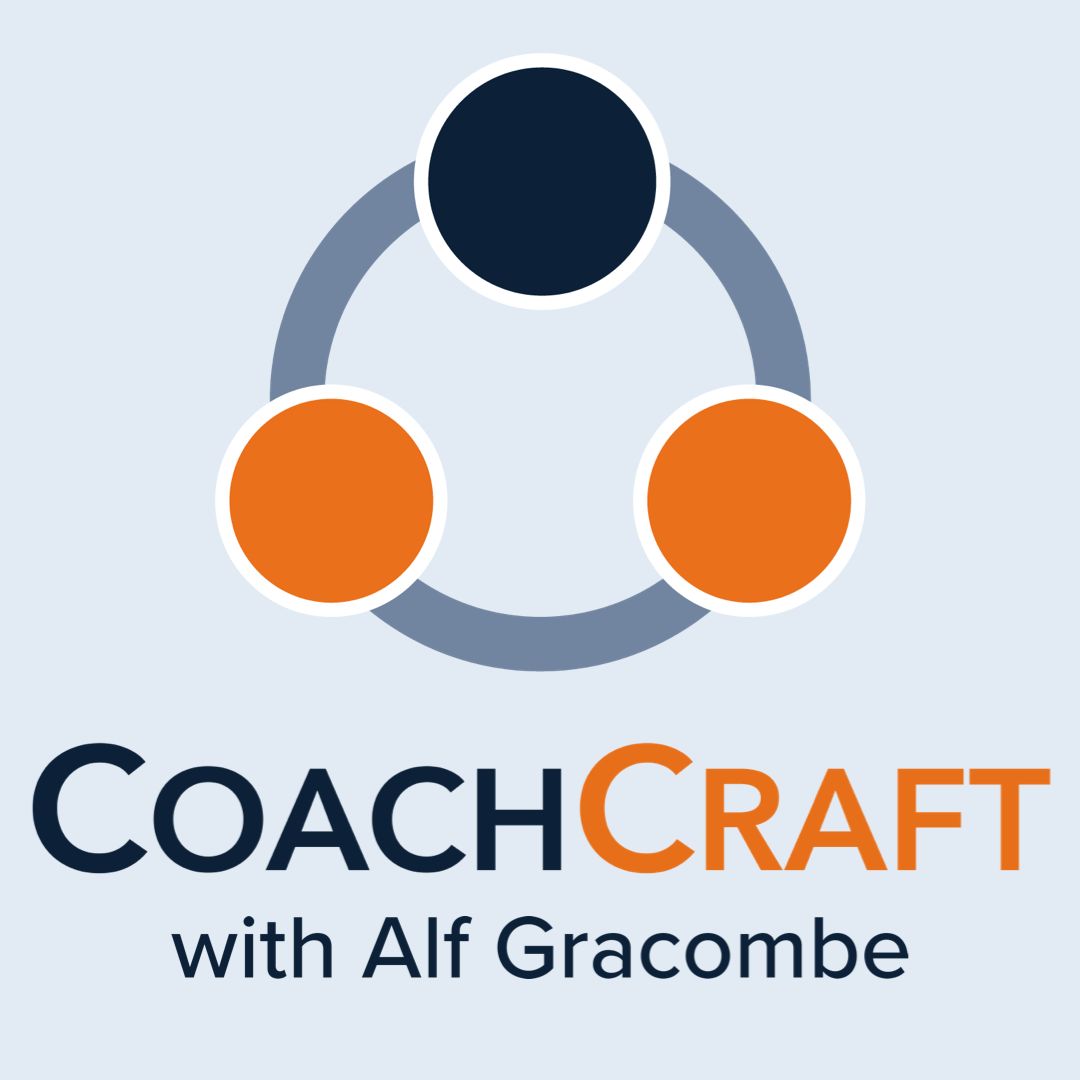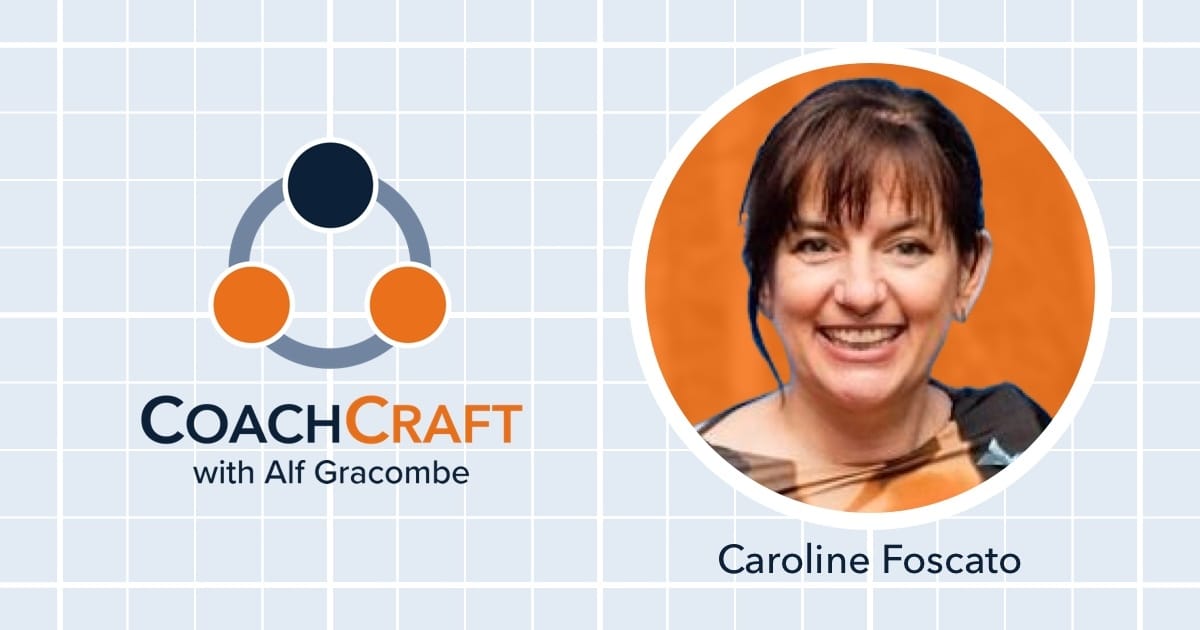I recently sat down with Caroline Foscato, President and Founder of Soccer Unity Project, for a conversation about what it really takes to build and scale a grassroots soccer organization in an urban environment.
Caroline's story is remarkable—in 2008, she started South End Soccer with about 30 kids because her own children wanted to play and there was nothing close by. What began as a typical parent-run neighborhood program has evolved into Soccer Unity Project, now serving over 1,400 young players across Boston with paid staff, a growing budget, and programs ranging from preschool soccer to travel teams to adaptive programming.
But what makes Soccer Unity Project distinctive isn't just the scale—it's the mission. Caroline has built an organization deliberately designed to bring together kids from dramatically different backgrounds: market-rate housing and Section 8, recent immigrants and longtime residents, different races, ethnicities, and income levels. The belief is that diversity itself creates the social capital and connection that makes youth sports transformative.
Our conversation dug into the practical challenges of scaling this work, particularly around finding, developing, and supporting coaches in urban grassroots programs. We talked about the real barriers that keep people from getting involved—administrative hurdles, technology access, cultural differences in how people engage with volunteer work—and what it takes to build coaching capacity while staying true to a mission focused on access and equity.
“We see the potential of the power of sport, a unifying social capital sharing building through diversity.”
We also explored some hard questions: How do you balance waitlists with maintaining diversity? How do you challenge the pay-to-play culture that's made soccer the most expensive youth sport? What does it mean to show up with humility when working across lines of difference? And fundamentally, how do you keep "what about the kids?" at the center of every decision?
Listen to CoachCraft on your favorite podcast player:
“A conversation should start and end with kids. Like that, it should be, ‘and what about the kids?’”
Takeaways
Build for diversity, not just access - Don't just serve underserved populations in isolation; the real power comes from bringing kids from different backgrounds together on the same field
Meet communities where they are - Registration timing, practice schedules, cultural practices all matter; don't force families to abandon their identity to participate in your program
Remove barriers to coaching - Technology requirements, administrative processes, and certification systems create real obstacles in urban environments; host in-person support sessions and provide resources
Pay your coaches when you can - Moving from all-volunteer to paid travel team coaches allowed Soccer Unity Project to provide deeper, more intentional player development experiences
Invest in coach development - Pay for certifications and training for coaches who want to grow; you're building their capacity alongside players
Representation matters in coaching - At least one female coach on every girls' travel team; bring in coaches who reflect the communities you serve to build trust and belonging
Create multiple pathways to participate - Not everyone wants travel teams; maintain recreational leagues through middle school, add pickup sessions, offer adaptive programming—meet players at whatever level works for them
Build your network - No one does this work alone; find champions in the communities you serve, connect with other programs doing similar work, learn from organizations outside soccer
Show up with humility - If you don't represent the community you're serving, acknowledge what you may symbolize, be prepared to build trust over years, and most importantly—listen
For anyone working to build or grow grassroots programming in urban environments, this conversation offers both inspiration and practical wisdom. Caroline's willingness to talk about what's messy, what's hard, and what requires ongoing learning makes this especially valuable.
To learn more about Soccer Unity Project and their work across Boston, visit soccerunityproject.org.
The CoachCraft Podcast
CoachCraft explores the art and impact of coaching youth sports through in-depth conversations with renowned coaches from grassroots to professional levels, revealing how exceptional mentors use athletics to shape character, build confidence, and positively impact young lives.
Learn more at https://coachcraftpodcast.com.


